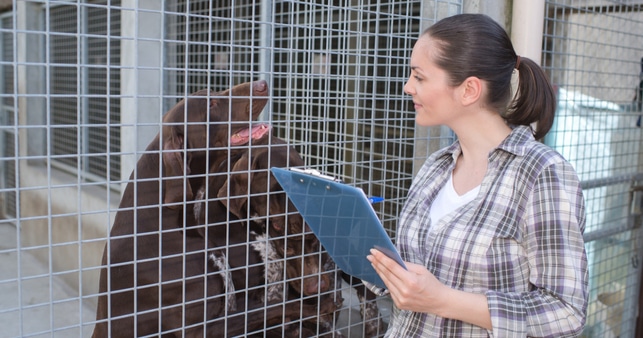
Following several days of protests in Victoria over vaccine mandates for the construction industry, questions have been raised over what legal implications a business might face if a worker was sacked for refusing the jab.
Employers are rightfully concerned, and this concern is reflected in figures from Employsure’s advice line for business owners. Vaccine-related calls were already 84% higher two-thirds of the way through September than the past three months combined and are expected to rise further.
With the situation still tense it begs the question: Can an employee in the Victorian construction industry be fired for refusing a vaccination (assuming no medical exemption)?
“Assuming the employer has given a lawful and reasonable direction to vaccinate, and the employee’s refusal is unreasonable, whether the employer can proceed to terminate will depend on all the circumstances of the case,” said Employsure employment relations specialist Nicholas Hackenberg.
“When making a decision the employer must first follow a process. The employer must explore if alternatives to vaccination exist, such as if the employee can work at a different location or perform alternative duties safely.
“Following that, if the employee has been given a reasonable period of time to comply with the direction and a fair process has taken place, termination may likely be reasonable even in the construction industry like we’re seeing in Victoria. This is in situations where the employee’s refusal amounts to failure to comply with a lawful and reasonable direction that is inconsistent with the continuation of their employment contract, or renders the employee incapable of performing their role.”
To keep on the safe side, employers considering disciplinary or termination options should first investigate if it would present a general protections risk. General protections are not limited to protected characteristics under anti-discrimination law, but also include the exercise of workplace rights such as the ability to make a complaint or inquiry in relation to the employee’s employment. This may include, for example, an employee raising health and safety concerns about vaccination that the employer would need to address separately.
Nevertheless, employers have an obligation to take reasonably practicable steps to ensure a safe workplace, and health advice indicates vaccinations are a critical component if we are to successfully come out of this pandemic.
While employers in most other industries are unable to mandate vaccines, they can still ask the question to their employees on whether or not they want the jab, make suggestions, and provide them with relevant government health advice.
To keep on the safe side, employers should assume a worker is unvaccinated if they do not disclose their vaccination status, and should inform that worker of this assumption. Employee management software like BrightHR’s Vacctrak feature lets employers monitor who is fully, partially, or not vaccinated against COVID-19 in the workplace, and make rostering / working arrangement changes accordingly. Workers do not however, have to tell their employer if they have been vaccinated.
“The federal government has stated mandatory vaccinations will not happen in Australia. While vaccinations form part of a business’ methods of controlling the risk of infection, employers must therefore have other plans in place if workers refuse,” continued Mr Hackenberg.
“For employers who choose on their own accord to make vaccines mandatory to continue on-site work, by doing so it could lead to legal challenges in the future. Employers must be prepared for that and weigh up alternatives to mandatory vaccinations if need be.”
Media Enquires:
media@employsure.com.au



